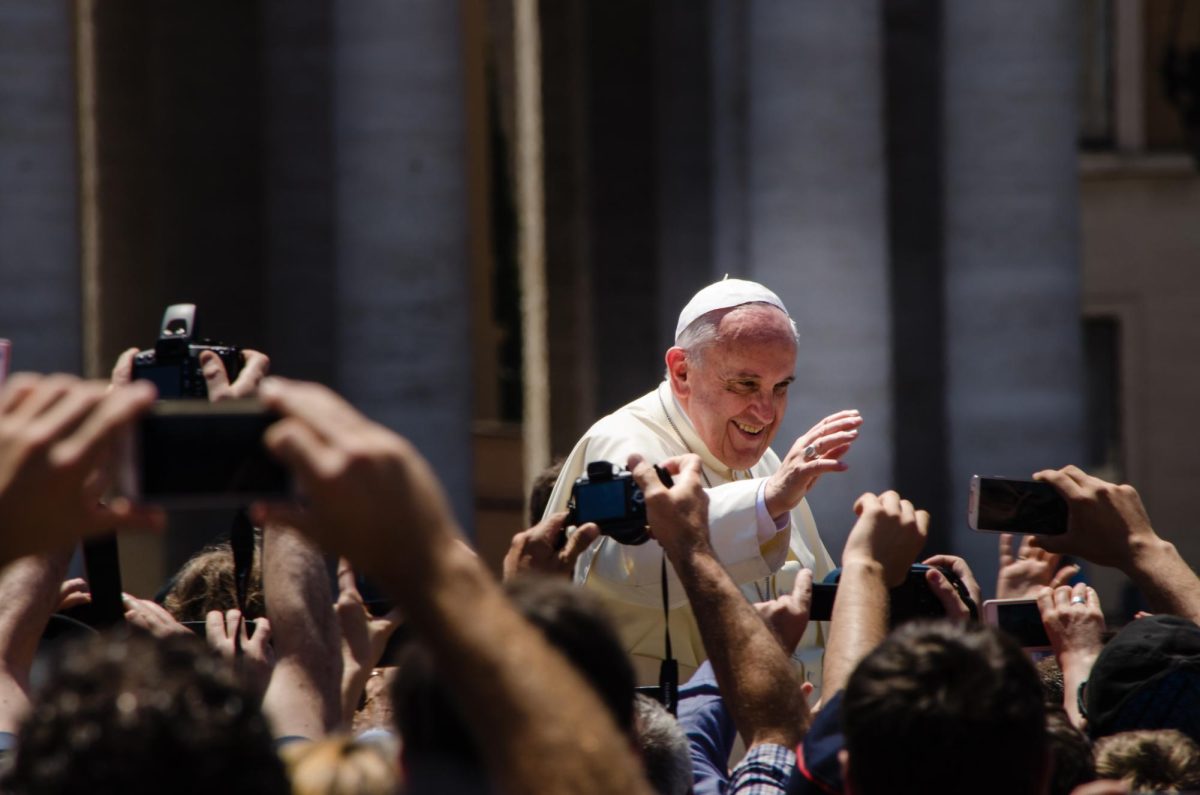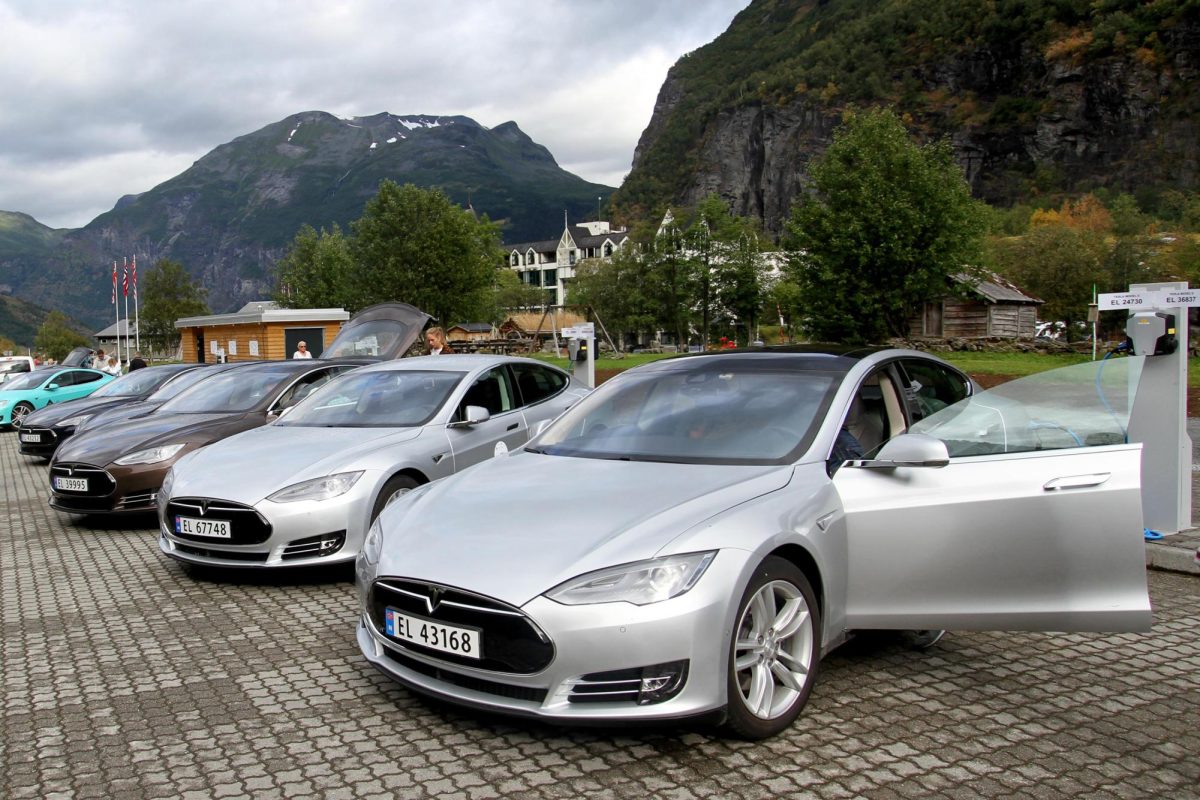The South Korean Constitutional Court approved President Yoon’s impeachment motion in early December, following his failure to uphold martial law on April 4, 2025. As a result, South Korean citizens will vote for their next president on June 3, 2025—two years ahead of schedule.
President Yoon was indicted for his abuse of power, specifically for organizing an insurrection and committing “unlawful acts” that “amount to a serious violation of law that cannot be tolerated from the perspective of constitutional protection, as they represent a betrayal of public trust.” With the abrupt termination of Yoon’s presidency, South Korea anxiously awaits the June election. Yoon’s political party, the People Power Party, has lost tremendous power and popularity over the past few months, but that does not mean his supporters have surrendered. Indeed, following Yoon’s impeachment on April 4, both pro and anti-President Yoon demonstrators led demonstrations on the street, either rejoicing in restoring Korea’s democratic institutions or remonstrating over Yoon’s departure.
Arguably, the most widely-discussed political topic is the future of Lee Jae-Myung, the opposition party leader, who is set to run for president. After hearing of the Constitutional Court’s verdict regarding Yoon, Lee publicly announced his commitment to “protect[ing] the democratic Republic of Korea,” making every day safe and prosperous for all citizens. Yet, shockingly, just last week, Lee was called to a re-trial for violating election laws in his 2022 presidential campaign. While Lee would still be eligible to participate in this year’s presidential race, it is undeniable that his recent verdict has sparked increasing negative opinion toward Lee and his trustworthiness and competence as a potential leader of South Korea. Suppose his election-law trial bars him from running for president. In that case, South Korea’s political atmosphere will only exacerbate, leaving both citizens and government officials more hopeless and uncertain than they already are.
Han Duck-Soo, former South Korean ambassador to the United States and prime minister of Korea, is the other prominent political figure planning to run for office this June. Last week, upon learning about Lee’s obligated re-trial, Han Duck-Soo ended his role as acting president and expressed his intention to run for the next presidency. Nonetheless, as Han does not belong to a political party and receives considerable attention as a controversial presidential candidate, his future also appears unclear.
The past six months have been unprecedented and frightening for South Koreans and the world. Although it is not uncommon for South Korean presidents to be impeached, tried, or charged with criminal charges, Yoon’s declaration of martial law – and every event following it– put Korean democracy at high risk. With the continuation of today’s political chaos, the Korean people ceaselessly hope for a brighter, less turbulent future sometime soon.
Yet, no one knows when, or if, this hope will become reality.
Sources:
Choe Sang-Hun. “South Korea’s Acting President Han Duck-Soo Resigns.” The New York Times, 1 May 2025, www.nytimes.com/2025/05/01/world/asia/south-korea-president-resigns.html.
Seo, Yoonjung, et al. “South Korea’s Impeached President Is Removed from Office, Four Months after Declaring Martial Law.” CNN, 4 Apr. 2025, www.cnn.com/2025/04/03/asia/yoon-impeachment-verdict-south-korea-intl-hnk/index.html.
Ye, Michelle. “South Korea’s Presidential Race Upended as Front-Runner Returns to Court.” The Washington Post, May 2025, www.washingtonpost.com/world/2025/05/01/south-korea-presidential-election-upset/. Accessed 3 May 2025.
—. “South Korean Court Removes President from Office, Says He Violated Duties.” The Washington Post, 4 Apr. 2025, www.washingtonpost.com/world/2025/04/03/south-korea-president-removed-martial-law/.
“Yoon’s Impeachment and South Korea’s Future.” Carnegie Endowment for International Peace, 2025, carnegieendowment.org/research/2025/04/yoons-impeachment-and-south-koreas-future?lang=en.







